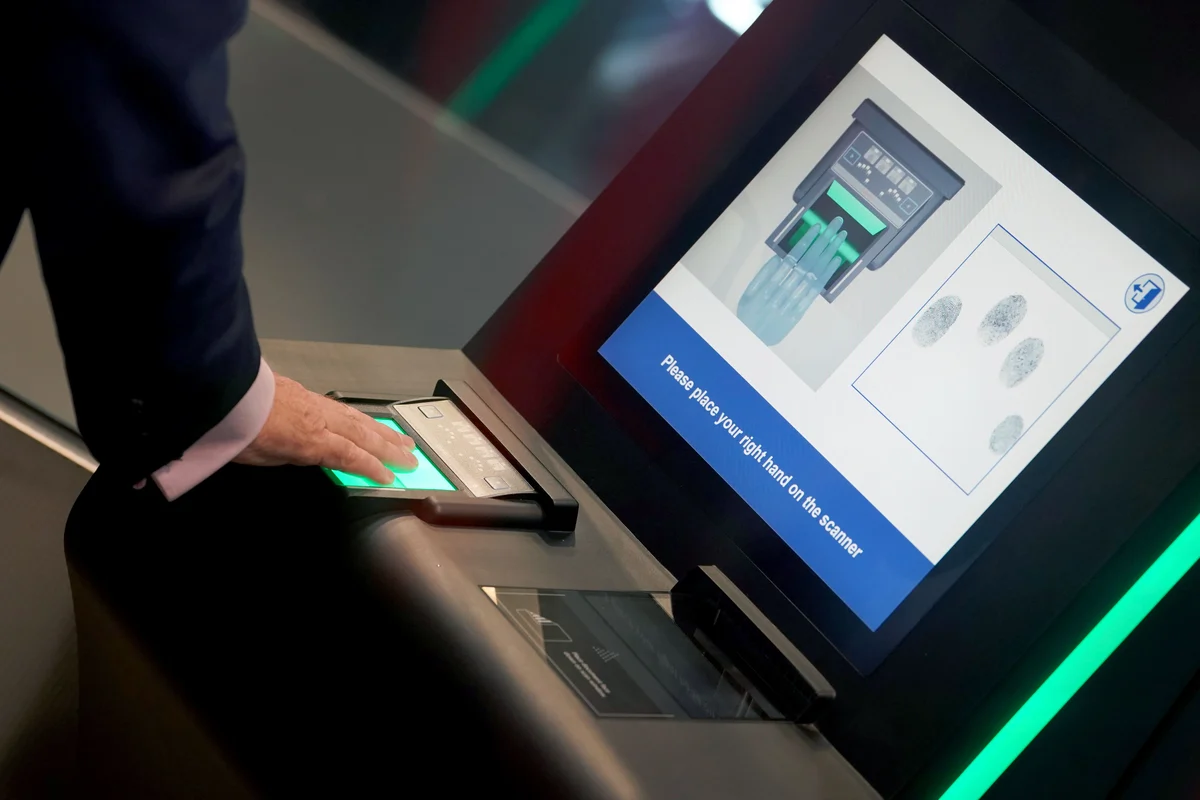By Stanley Murphy-Johns
Copyright standard

Any port or airport claiming they are “not ready” for new EU border controls are “just saying they didn’t do a good job”, Eurotunnel’s boss has said.
The European Union’s Entry/Exit System (EES), which is to be phased in from October, will include passengers having their photo and fingerprints taken when travelling to the EU.
The checks will be in place for non-EU citizens at the Port of Dover, the Channel Tunnel and on Eurostar, while those flying will be registered when they land.
Eurotunnel chief executive Yann Leriche said the new system will have “minimal impact” on customer experience, and estimates just two minutes of added time to the average journey from his terminals in Folkestone and Calais.
Despite concerns that the EES, which has been designed to enhance border security, will cause long delays for UK travellers, he said they are “ready” to roll out the new checks.
“As you will see, EES will have a minimal impact, not exactly zero, but a minimal impact on the time to cross the Channel,” said Mr Leriche.
He also shared concerns that some of the other border operators expected to launch the EES on October 12 might not be in the same position.
“Anyone who is not ready is not because it was impossible or a huge challenge,” Mr Leriche said.
He later added “they are just saying they didn’t do a good job” and that his competitors perhaps thought that “by ignoring it, it would go away by itself”.
Eurotunnel will begin processing coaches and lorries with the EES on October 12, and then will start registering car passengers before the end of the year, aiming to have everyone using the new system by April next year.
Its version of the system, which cost roughly 80 million euros (£70 million), aims to process 700 vehicles an hour, using 224 kiosks at peak times in the Folkestone terminal.
Vehicles will be taken under a large white canopy to a kiosk showing their registration plate, before customers then get out of the car to scan their passports and have their biometric information taken.
After a traveller scans their fingerprints, that section will not be required on subsequent journeys for the next three years.
Children under 12 will not have to provide fingerprints.
During demonstrations on Tuesday afternoon at Folkestone, the majority of testers were able to complete the kiosks process within two minutes.
Mr Leriche said one of his main concerns was that other border posts would “cry so loud” about how bad the changes are that people may be persuaded not to go abroad.
At Eurostar, some travellers will also be expected to use the EES from October.
It has spent £11 million overhauling its border facilities at London St Pancras station.
It has built 49 kiosks a short walk from the check-in area, which is almost twice as many as recommended by French officials.



